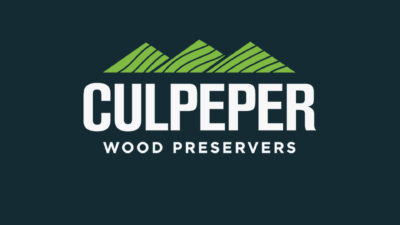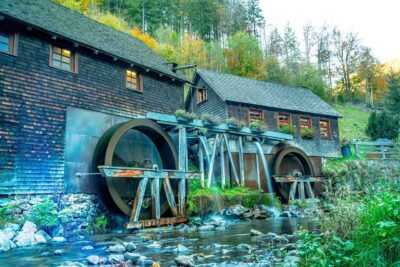By Brad Kirkbride, Managing Director, WRCLA
Efficient and effective distribution channels are the backbone of any industry, and Western Red Cedar is no exception. As the Softwood lumber market has undergone a tumultuous period over the last year and a half, the Western Red Cedar Lumber Association’s Certified Cedar Dealers (CCDs) have adapted and worked hard to bring a wealth of services and benefits to accommodate their customers and meet the specifications of numerous manufacturers.
Even at the best of times managing the exchange of information and materials to maximize customer satisfaction in a cost-effective way has its challenges. Wood products and information in distribution networks flow in many directions and across numerous organizational networks, often involving a journey from forest contractors to sawing facilities to value-added mills and then through distribution and wholesale channels before finally reaching the market.
Distribution of Softwoods like Western Red Cedar also face additional industry-specific challenges characterized by a divergent product structure–a WRC log is often turned into a number of different products used in different applications–and the very diverse nature of WRC as a raw material.
All of which underscores how essential the role of the Certified Cedar Distributor is to the WRC industry.
In addition to ensuring that high-demand, high-value products get to the retailer and the job lot on time and on budget, CCDs provide a host of value-added services for their customers and the WRC industry. Here are just some of the important functions of the CCD:
Inventory selection
Most retailers and distribution yards share the common goal of minimizing the amount of time they need to keep inventory on hand–if not having it arrive just as building is about to begin–and in having the right amount to meet demand. It’s no secret the best way to manage this is by having a proven and reliable supply chain and accurate demand planning. Because CCDs are in the field and in regular contact with their customers, they have an astute sense of local market demands and materials needed for job lot supplies. While other (non-wood) industries have suffered over the last year and a half from supply chain and inventory issues, the forestry and wood products industry grew their Inventory Turnover Ratio (sales) from 8.63 in Q2 2020 to 10.36 in Q2 2021. A figure well above the industry average.
Product expertise
Distributors in other industries carry products; WRCLA CCDs specialize in theirs. As mentioned above, Western Red Cedar logs yield an array of timbers, dimensional lumber and boards. These products are also further sorted by grade and grade classification, texture and seasoning. WRCLA CCDs are extremely knowledgeable in all aspects of the species and its products and regularly lend their expertise to facilitate job lot supplies and inventory orders. With growing awareness of climate change and the need to use sustainable and environmentally-friendly building products, they are also well positioned to help interested customers and manufacturers source certified materials or products otherwise certified as green.
Job site delivery
The buying chain for lumber can be complex. Orders to distribution yards, re-man facilities and job sites can involve tens of thousands of board feet or more of lumber and require nimble logistics. Timely and accurate delivery has always been a part of the CCDs’ value proposition. Arranging job site deliveries to new sites that don’t have an address yet and flexible, off-hours deliveries are commonplace in the building industry and are regularly handled by CCDs. While large vehicles will still be needed to deliver product orders, the fact we are entering a period defined by “Amazon-style” purchase ordering and delivery from a smartphone can’t be ignored. What companies like Uber and Lyft have done to the taxi industry and Door Dash has done to takeout will undoubtedly influence larger scale delivery sectors, and WRCLA CCDs are at the forefront of this evolving model.
Aftermarket support
We live in an age of services, not just products. Over the years WRCLA CCDs have transformed the Western Red Cedar business model by delivering added value in the form of pre and after sales services. CCDs work closely with WRCLA affiliates and partners and can arrange for time and cost-saving solutions with other building requirements like house wrap, fasteners and stains and finishes, among others. From technical support, in-market education, consulting, even arranging educational training in areas like installation and maintenance, CCDs have seen the value and competitive advantage in maintaining ongoing relationships and exceeding expectations with customers and manufacturers.
In short, CCDs play an increasingly crucial role in strengthening the future competitiveness of the Western Red Cedar industry. They provide a vital and valuable link both between lumber producers and lumber users; a benefit that can’t be underestimated in an evolving market rife with competitive substitute products.
Established in 1954, the WRCLA is the voice of the Cedar industry and has members in 132 locations throughout North America.
Learn more at www.realcedar.com.









